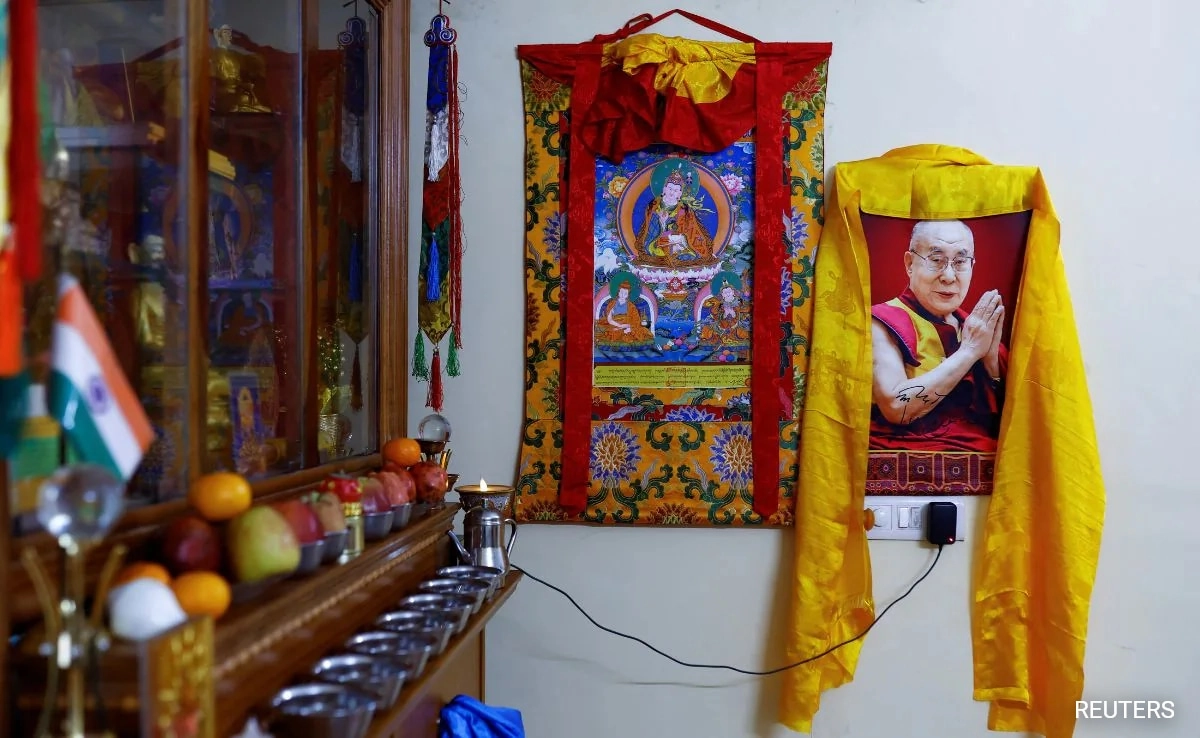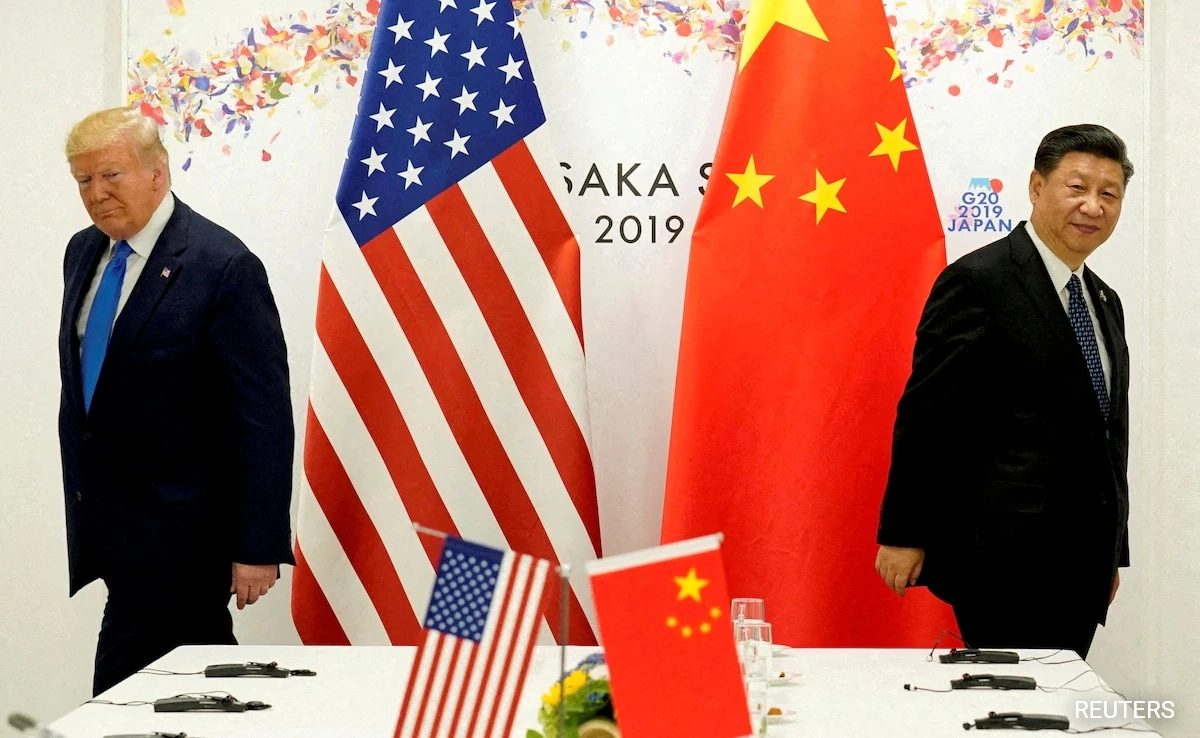India is reportedly initiating a significant overhaul of its teaching methodologies within Buddhist monasteries, aiming to counter the growing influence of China in the region. This strategic move comes in the context of increasing concerns regarding China’s efforts to assert its cultural and political dominance, particularly in areas with historical ties to Buddhism. By reforming educational practices within these monasteries, India seeks to strengthen its own cultural identity and provide a robust alternative to the narratives promoted by China.
The proposed changes include updating curricula to incorporate modern educational techniques while maintaining the traditional teachings of Buddhism. This initiative is expected to attract more students and monks, ensuring that Indian Buddhist monasteries remain vibrant centers of learning and spirituality. It reflects a broader strategy to engage the youth in these communities and instill a sense of pride in their heritage, which may have been overshadowed by external influences in recent years.
Furthermore, the initiative could also serve as a platform for promoting India’s version of Buddhism, which emphasizes non-violence, compassion, and social harmony. By enhancing the quality of education in these monasteries, India aims to produce a new generation of monks who are not only well-versed in Buddhist philosophy but also equipped to navigate contemporary social and political challenges. This move is seen as a proactive step to cultivate a sense of unity and resistance against external narratives, particularly those emanating from China.
In a broader context, this initiative is part of India’s efforts to reclaim its historical and cultural heritage, which has faced various challenges over the decades. By revitalizing its Buddhist institutions, India not only seeks to bolster its soft power but also aims to foster greater regional cooperation and stability. The emphasis on education in monasteries represents a multifaceted approach to cultural diplomacy, where India can reinforce its position as a leader in the Buddhist world, counteract China’s influence, and promote a vision of coexistence and mutual respect among nations.




